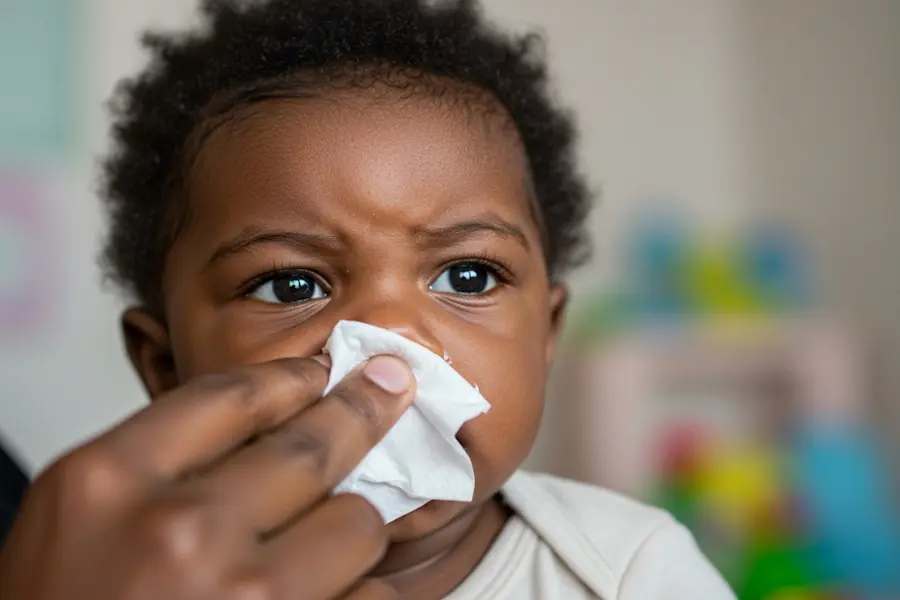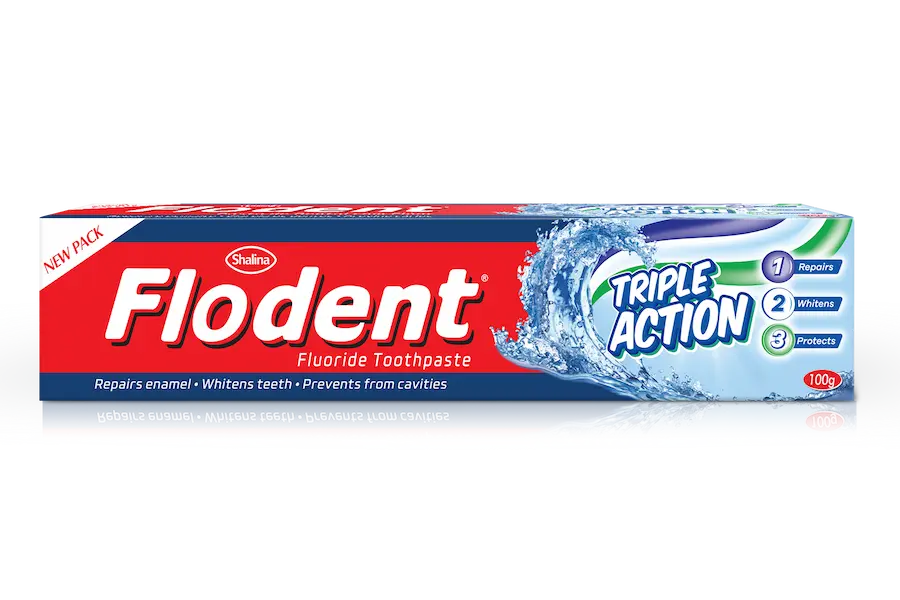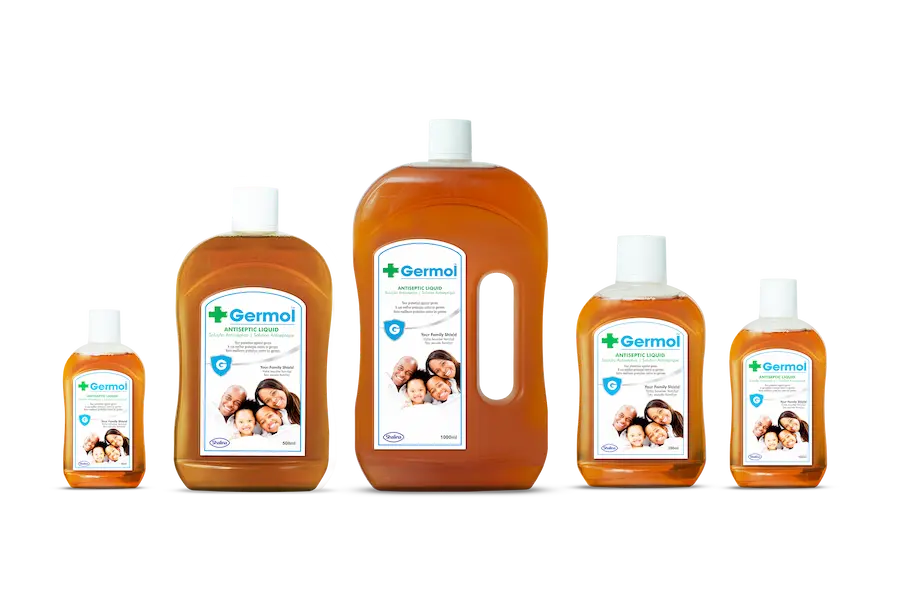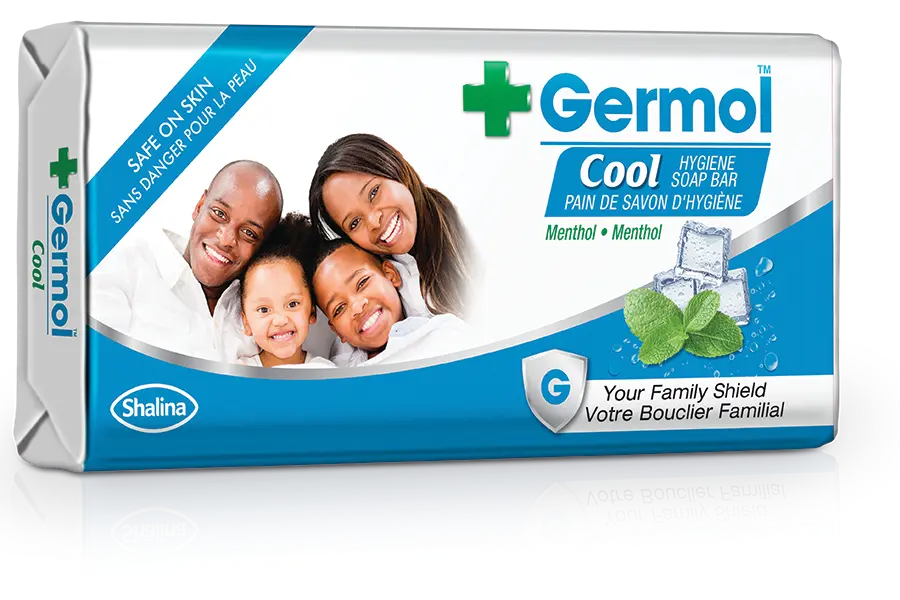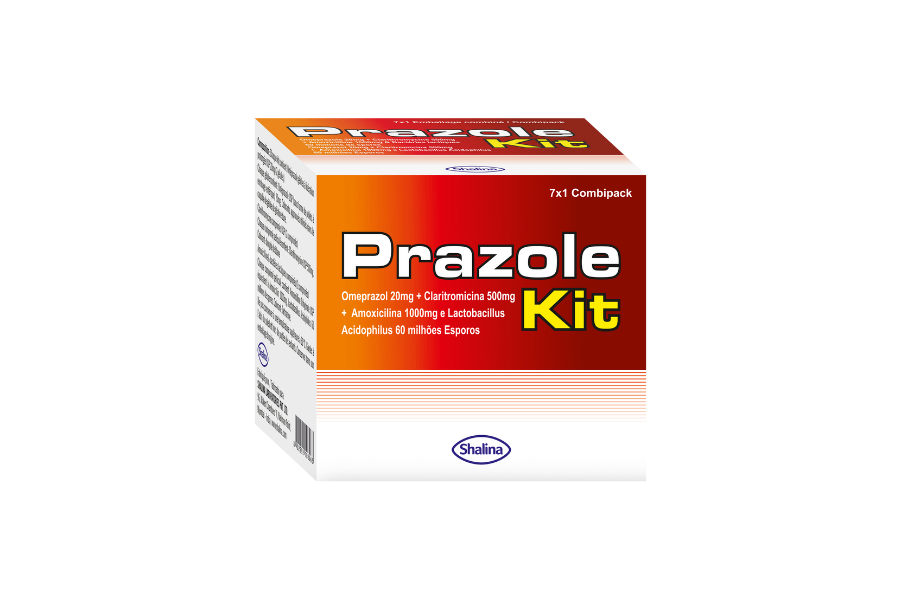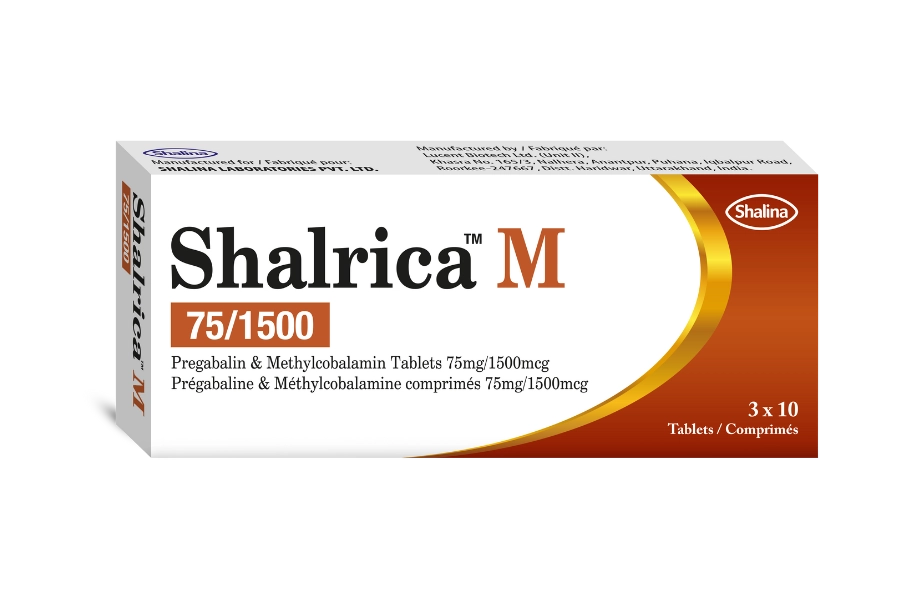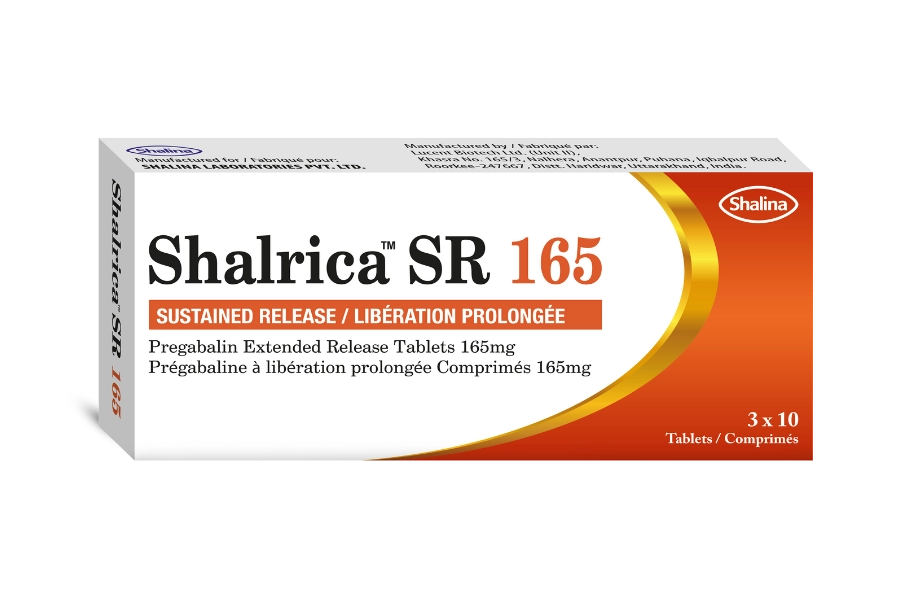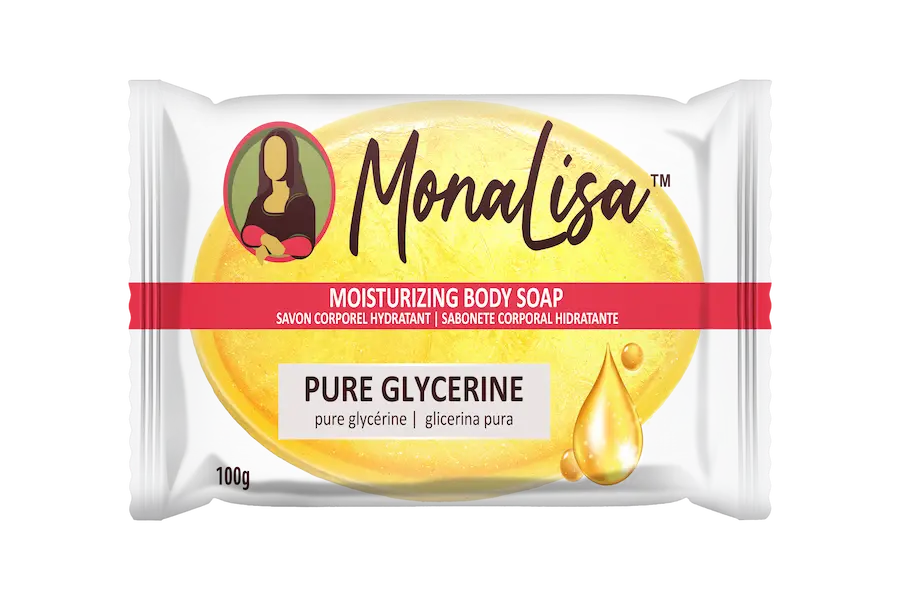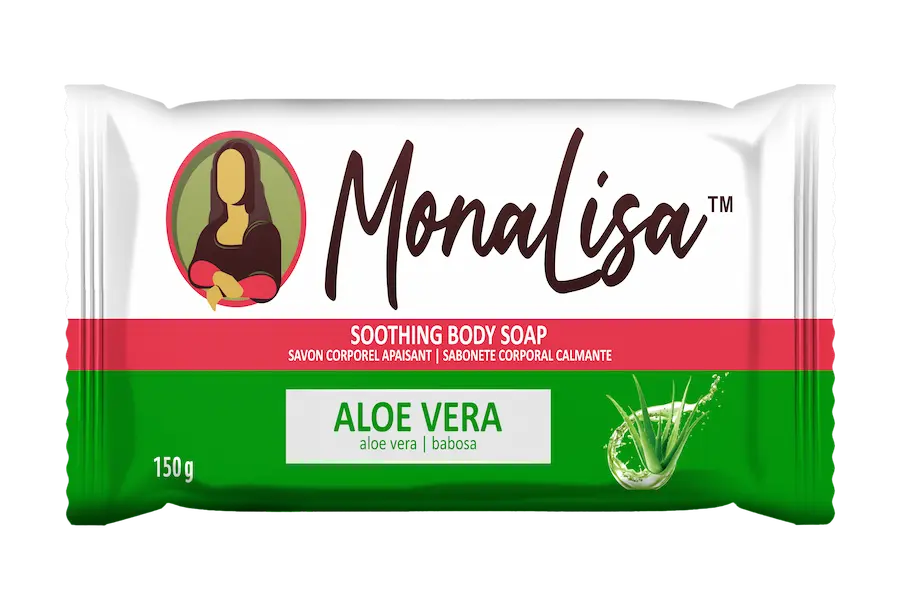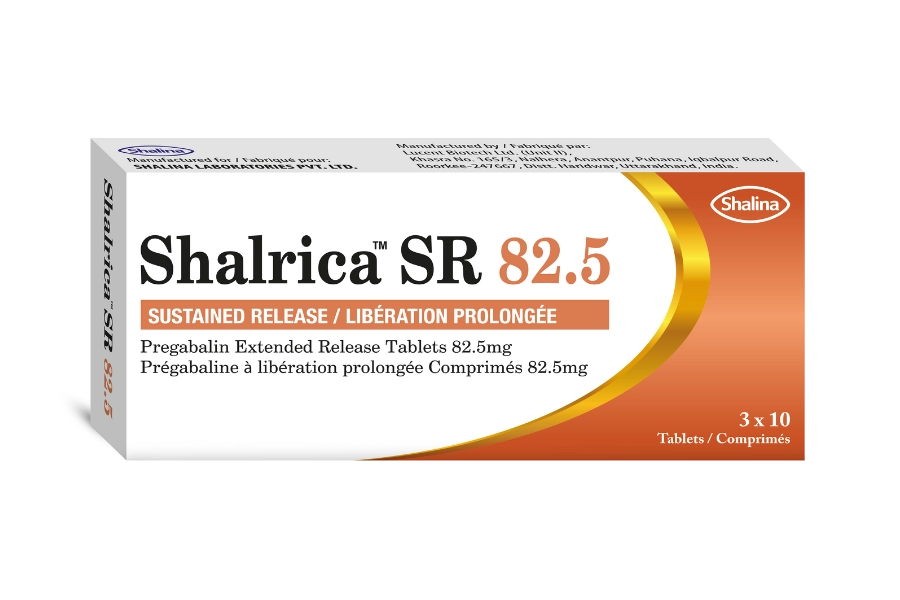Every child gets a runny nose now and then. Most of the time, it’s just part of a common cold and clears up on its own. But sometimes, that little drip can be a sign of something more serious. So how do you know when to relax and when to call the doctor?
Common Causes of a Runny Nose
A runny nose is usually caused by:
- Colds – viruses that are very common in children.
- Allergies – dust, pollen, or pet hair can trigger sneezing and a watery nose.
- Weather changes – cold air or wind can make noses run temporarily.
These causes are normally mild and go away with rest, fluids, and comfort.
When It’s Just a Runny Nose
You probably don’t need to worry if your child:
- Has only a runny or stuffy nose, with no other big symptoms.
- Is still eating, drinking, and playing normally.
- Has a mild cough but no breathing problems.
In these cases, home care, like keeping your child hydrated, using saline drops, and letting them rest, is usually enough.
When to See a Doctor
Sometimes a runny nose is a sign that something more is going on. Call your doctor if your child has:
- A fever lasting more than 2–3 days or higher than 39°C.
- Trouble breathing, wheezing, or fast breathing.
- Thick yellow or green mucus that doesn’t get better after 10 days.
- Ear pain, which could mean an ear infection.
- Swelling around the eyes or severe headache.
- Signs of dehydration, like dry lips or fewer wet nappies.
Tips for Parents
- Trust your instincts. If your child seems much sicker than usual, get medical help.
- Keep tissues, saline drops, and fluids handy for comfort.
- Remember that antibiotics don’t treat colds or viral infections. They’re only for bacterial illnesses, and only when prescribed.
Conclusion
A runny nose on its own is usually nothing to panic about. But if it comes with other worrying signs, it may be time to see a doctor. Paying attention to your child’s overall health — not just the nose — is the best way to know what’s going on.
References
https://www.enthealth.org/conditions/pediatric-sinusitis/
https://www.webmd.com/parenting/baby/ss/slideshow-natural-cold-remedies
https://www.mayoclinic.org/diseases-conditions/common-cold-in-babies/symptoms-causes/syc-20351651
https://my.clevelandclinic.org/health/symptoms/17660-runny-nose

